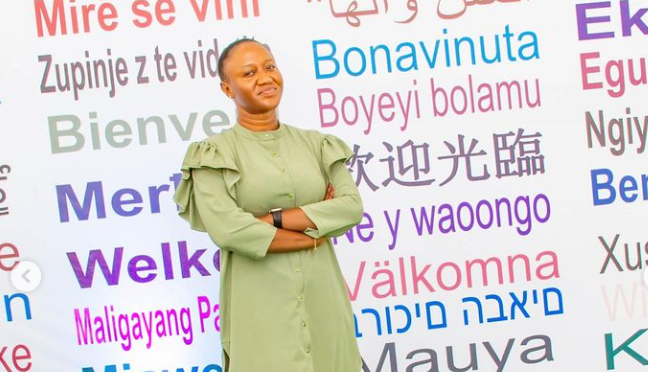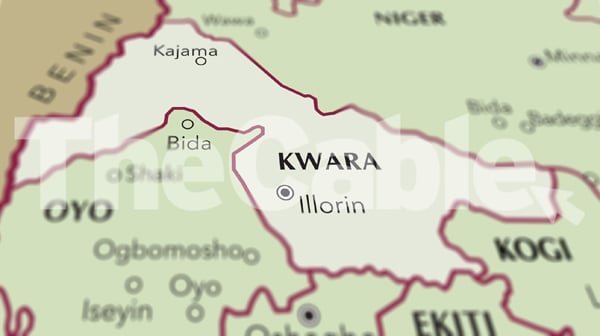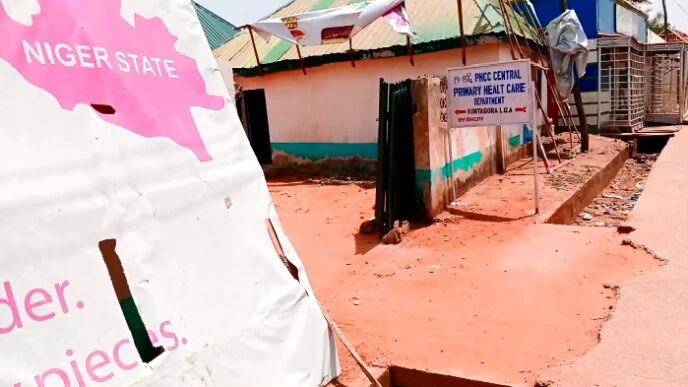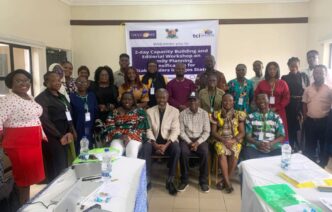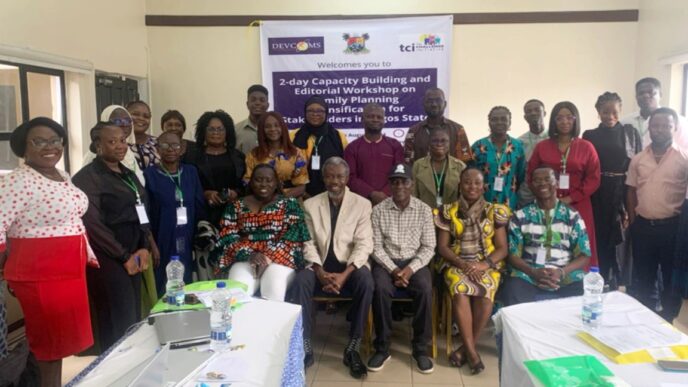Aisha Wakaso, special adviser to Umar Bago, governor of Niger state on print media, says Nigeria needs a legal framework to protect women in politics.
Wakaso spoke on Saturday during a virtual lecture organised by Crisp Nigeria (CrispNG), a youth-driven online media platform.
She said women in politics encounter many challenges, including being disrespected due to the stereotypes in Nigeria.
She said economic empowerment, educational reforms, and sensitisation programmes should be prioritised to encourage women to join politics.
Advertisement
“Sometimes women are blackmailed, sometimes, our private lives are brought to the public because we want political appointments,” Wakaso said.
“So, some of these things make us run away from getting into politics.
“From what we can see, in the whole 36 states of Nigeria, we do not have a female governor.
Advertisement
“If we have ever had a female governor, it was one that got there because a man was pushed out maybe through impeachment or something.
“However, despite this little advancement that we think we are making, the number of women in politics remains dispassionately low compared to our male counterparts.
“We have been faced with so many challenges that hinder the effective participation of women in politics—cculture and social norms.
“Being part of politics in Nigeria, you have to spend money. Women going into politics cannot match the men who spend hundreds and thousands of dollars to win primary elections.
Advertisement
“Serah Jibril was an example who came out to contest for the PDP primaries, not a single vote from women who were delegates.
“Looking at the way things are now, we keep hearing that people pay in millions to get political appointments, which is disheartening, and because we don’t have the economic power, that means we might have to always go to the men.”
The governor’s aide said women will continue to be marginalised in politics unless efforts are made to demonstrate they can advance based on competence and merit.
“Strengthening legal frameworks that will be implemented to protect women. Women are not really protected; you see people at the national level disrespecting women,” she said.
Advertisement
“People as high ranking as the senate president disrespect Senator Natasha Apoti. He refused to apologies until he was called out. If he could disrespect a potential senate president and his colleagues, imagine what he would do to me, who is at the local level.
“The issue of 35 percent affirmative action, we keep talking and nothing is being done. In my state, we have just one woman in the house of assembly.
Advertisement
“That has been it for the past 6-10 years. For commissioners, we have just four or five. Nobody is really giving us the spot that we want.”
Advertisement
Add a comment
